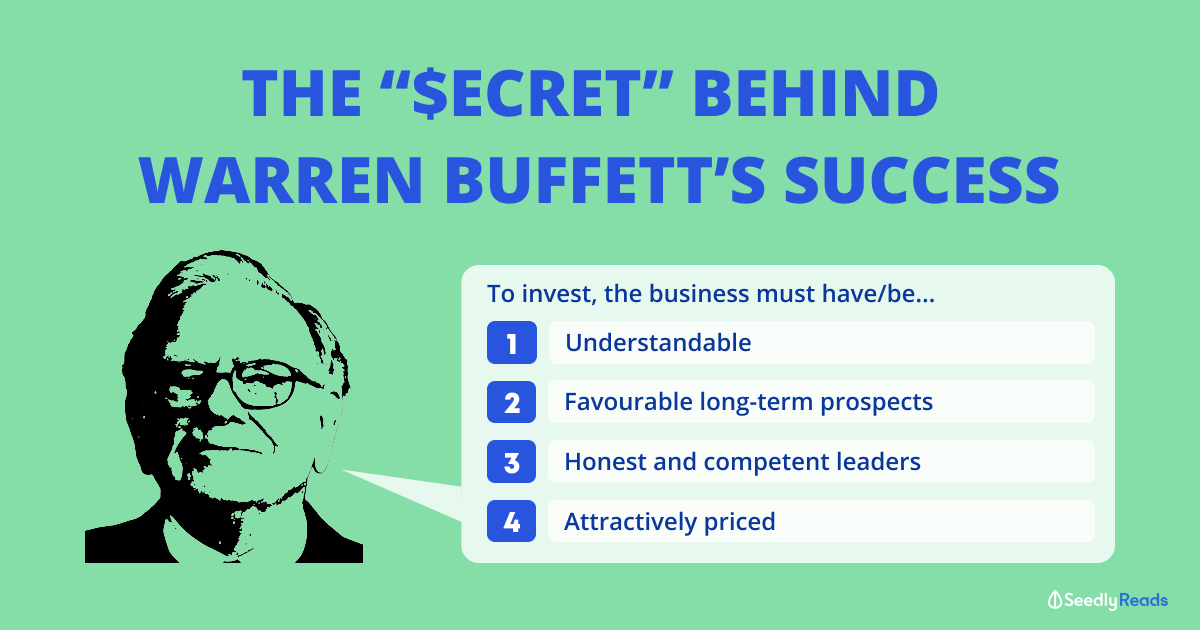
Hello maybe I can just share a few of my thoughts here! I will split them into personal and business factors.
Personal Factors
Risk Appetite
This is probably dependent on how risk you are willing to stomach. Some stocks are much more volatile, such as tech, small-cap and emerging market stocks. On other hand, stocks in mature industries tend to be more stable.
Passive vs Active Investing
Depending on yourself, this might depend on how much time, willingness and effort you are willing to invest in monitoring your portfolio. Broadly speaking, passive investing usually requires less time and less need to monitor too often, although you still need to.
The difference between these 2 strategies also depends on what you think might end up with more returns. A very active investor constantly trading can make nothing from capital gains and losses. In some instances, parking your money in dividend paying stocks might be better off.
Investment Goals
This again largely depends on what you hope to achieve. Some people want to have saved and invested a certain amount by a certain age to buy a new house, retire etc. Setting your goals might help you to realise what strategy is better.
Business Factors
Defensible Business Models
You would probably want to choose businesses that can defend itself against new entrants into the market and competitors. These businesses probably should have some form of competitive edge that makes it different from other companies, is relevant to their customers and can sustain this competitiveness in the long run
Growing and Innovating Businesses
You most likely have heard from the government quite often that businesses need to innovate constantly. This is most probably true, as businesses who have not innovated have been left behind. One example is Kraft-Heinz, where due to a lack of innovation their food products had become less relevant to consumers
Profitability
At the end of the day, the company that you want to invest in should be profitable. The most basic form of profitability is looking at a company's net profit. But you should also be looking at gross profit, EBITDA and EBIT metrics as well, to find out which portions of the business are most profitable. Also, pay attention to changes in profitability of the business over time, as they show how the company is changing.








Hello maybe I can just share a few of my thoughts here! I will split them into personal and business factors.
Personal Factors
Risk Appetite
This is probably dependent on how risk you are willing to stomach. Some stocks are much more volatile, such as tech, small-cap and emerging market stocks. On other hand, stocks in mature industries tend to be more stable.
Passive vs Active Investing
Depending on yourself, this might depend on how much time, willingness and effort you are willing to invest in monitoring your portfolio. Broadly speaking, passive investing usually requires less time and less need to monitor too often, although you still need to.
The difference between these 2 strategies also depends on what you think might end up with more returns. A very active investor constantly trading can make nothing from capital gains and losses. In some instances, parking your money in dividend paying stocks might be better off.
Investment Goals
This again largely depends on what you hope to achieve. Some people want to have saved and invested a certain amount by a certain age to buy a new house, retire etc. Setting your goals might help you to realise what strategy is better.
Business Factors
Defensible Business Models
You would probably want to choose businesses that can defend itself against new entrants into the market and competitors. These businesses probably should have some form of competitive edge that makes it different from other companies, is relevant to their customers and can sustain this competitiveness in the long run
Growing and Innovating Businesses
You most likely have heard from the government quite often that businesses need to innovate constantly. This is most probably true, as businesses who have not innovated have been left behind. One example is Kraft-Heinz, where due to a lack of innovation their food products had become less relevant to consumers
Profitability
At the end of the day, the company that you want to invest in should be profitable. The most basic form of profitability is looking at a company's net profit. But you should also be looking at gross profit, EBITDA and EBIT metrics as well, to find out which portions of the business are most profitable. Also, pay attention to changes in profitability of the business over time, as they show how the company is changing.